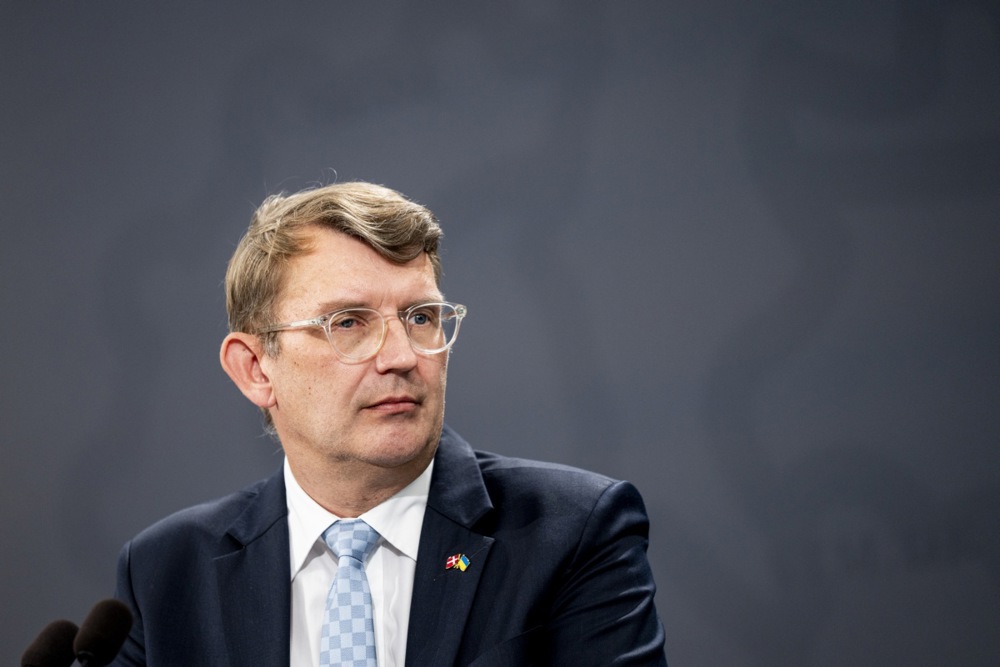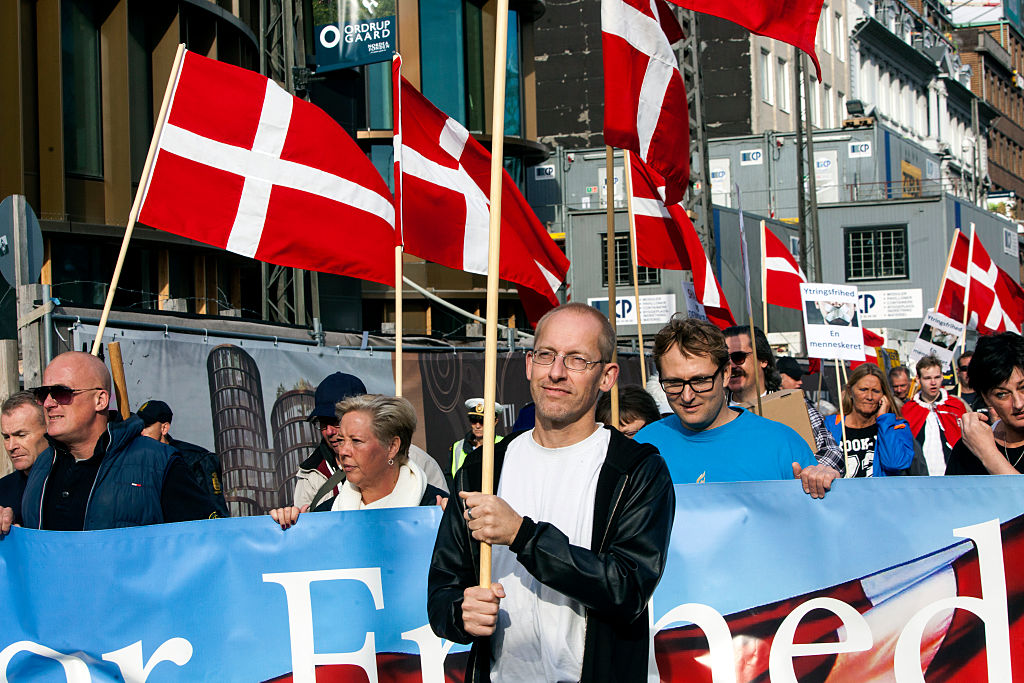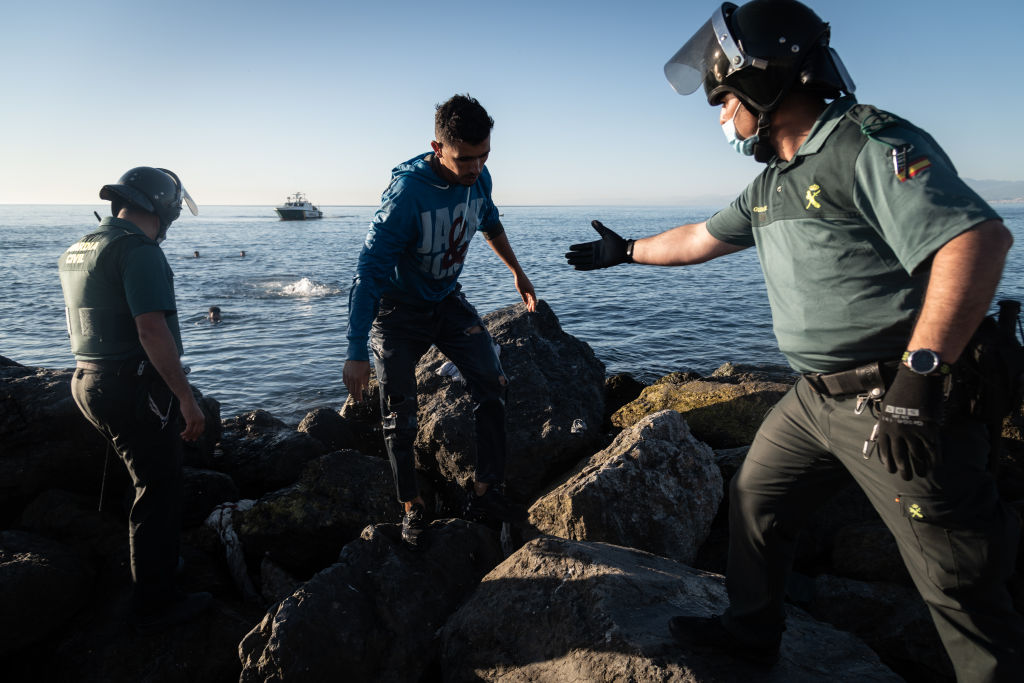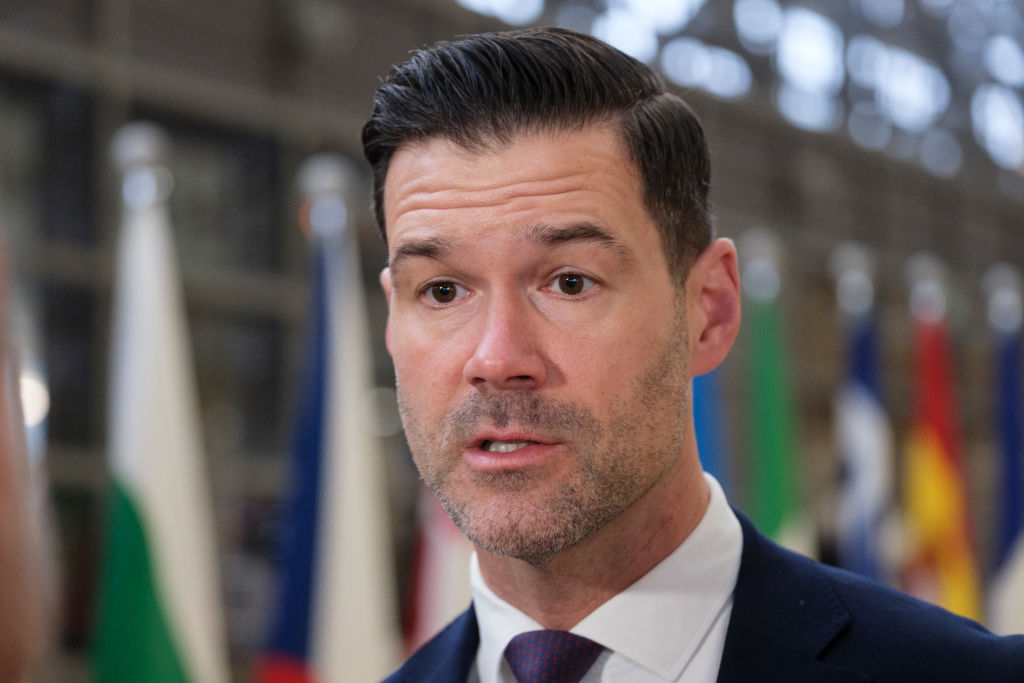Denmark’s right-wing opposition parties are eyeing a potential majority in next year’s elections, setting their sights on a Conservative resurgence.
Leaders from the Liberal Alliance, the Conservatives, the Denmark Democrats and the Danish People’s Party issued a joint statement on January 5. In it, they pledged to collaborate more closely through joint proposals to present a unified Conservative front ahead of the expected 2026 general election.
“In the coming year, we four parties will concretise our vision for a different direction for Denmark. There is much to build upon. We will present common conservative ideas and proposals, which will gradually draw a clear picture of a conservative Denmark,” they declared.
Anders Vistisen, Patriots for Europe MEP and Danish People’s Party MP, said he believed a coalition was “essential” for the future of the country and the four could constitute an alternative to the current government.
“Uniting Denmark’s right-wing parties is essential at this time because the challenges our nation faces demand a strong and cohesive Right-Wing front,” he told Brussels Signal on January 6.
“From addressing uncontrolled migration and EU overreach to safeguarding Denmark’s national values and sovereignty, a united right-wing bloc is the only way to provide a credible alternative to the current government’s policies,” he added.
Since 2019, the four Denmark right-wing parties have steadily gained ground, now holding 46 seats in the Danish Parliament, which represents 26.82 per cent of elected officials. This is up from 24 per cent in 2022 and 17 per cent in 2019.
In France, MEP Marion Maréchal of the Identity-Liberty party has also advocated for a right-wing coalition, proposing that the National Rally take the lead in the next presidential elections.
In 2023, Italian Prime Minister Giorgia Meloni’s right-wing coalition, featuring her Brothers of Italy party and Matteo Salvini League, won in the country’s regional elections.
To position themselves as the alternative right-wing, Danish party leaders Alex Vanopslagh (Liberal Alliance), Inger Støjberg (Denmark Democrats), Morten Messerschmidt (Danish People’s Party) and Mona Juul (Conservative People’s Party) have criticised the current centrist government for driving the country into a “standstill”.
“Bureaucracy has exploded, welfare is bogged down, many local communities have been hollowed out, social cohesion is weakened, and economic growth is stagnating, driven by a few large companies,” they wrote.
They further highlighted what they called the strain on Danes and welfare workers due to rising bureaucracy, juxtaposed with a surge in public administration hiring.
Denmark’s biggest pension fund, ATP has been left facing the painful consequences of “green” darling Northvolt’s feared bankruptcy. https://t.co/hASSJPAL9A
— Brussels Signal (@brusselssignal) December 18, 2024
Following the statement, the Denmark Democrats reinforced their commitment to curbing immigration. On January 6, the party insisted: “We want to give freedom back to Danes — and pursue a strict immigration policy that protects our Danish community and cohesion.”
Vistisen has accused the Danish Liberal Party of conducting policies “that are out of touch with Denmark’s interests and core values”.
The centrist Danish Government, a coalition of Liberals and Social Democrats, has recently been ramping up its immigration policies with rhetoric that has echoes of the Right.
That has included proposals to scrutinise the personal beliefs of citizenship applicants and to restrict early retirement benefits for individuals of “non-Western” backgrounds.
Danish Deputy PM and leader of the Liberal Party, Troels Lund Poulsen, has announced plans to review “non-Western immigrant” access to early retirement pensions. https://t.co/nHbunw1Yb0
— Brussels Signal (@brusselssignal) December 13, 2024





